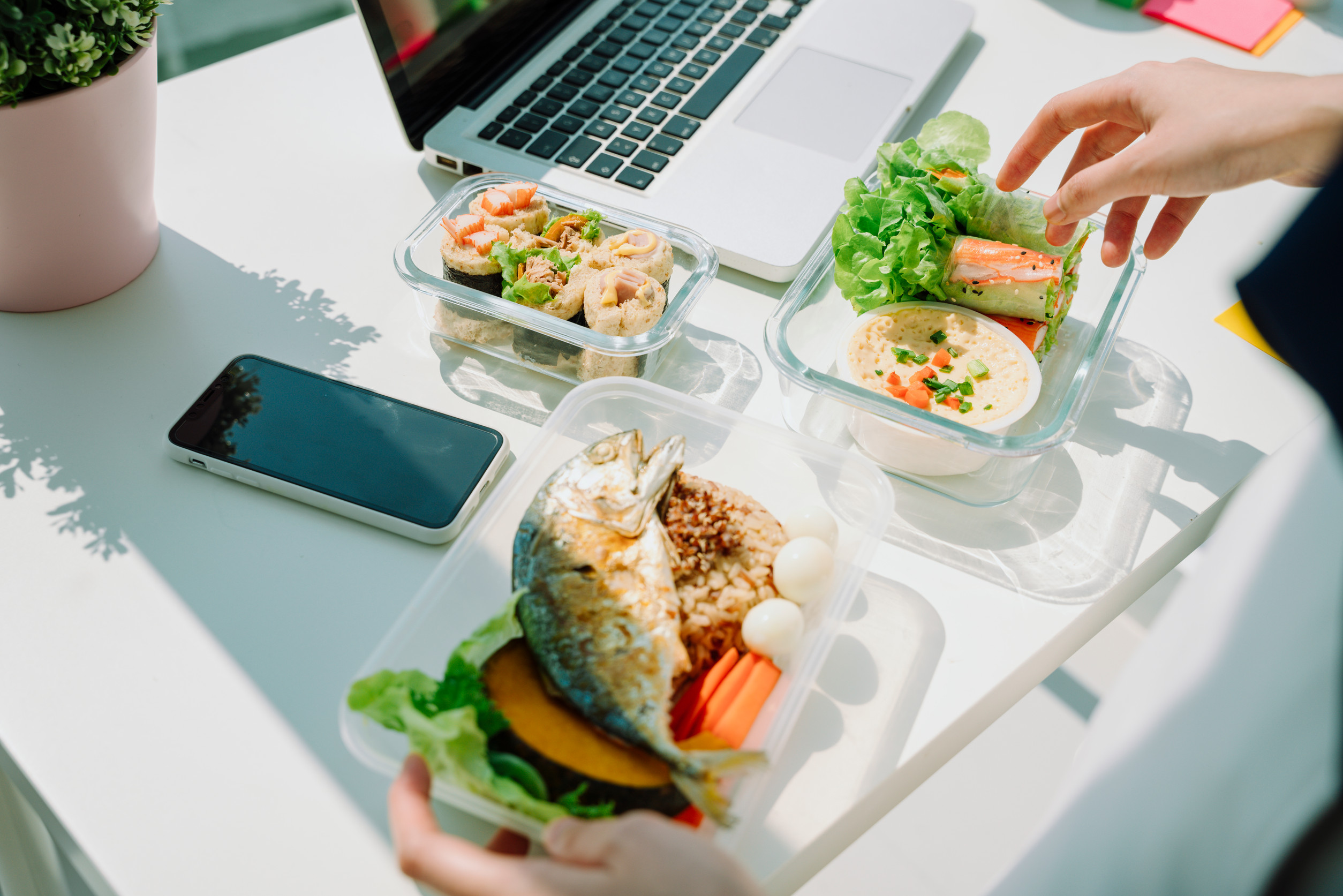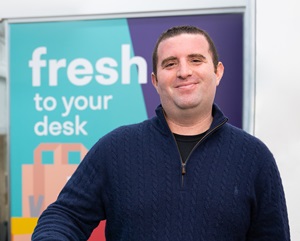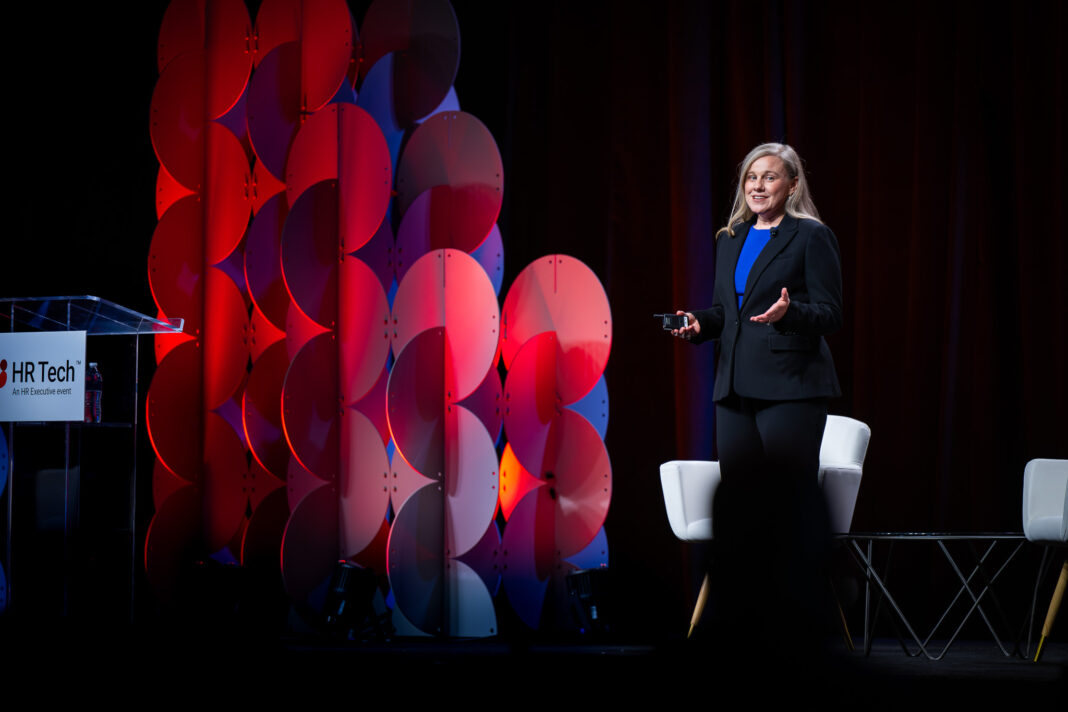Flexible meal solutions: The missing ingredient in workplace productivity
- Josephine Tan

As Singapore’s workplace culture continues to evolve under the influence of flexible work arrangements (FWAs), employers realise that supporting their workforce goes far beyond offering hybrid schedules or remote work privileges. One area gaining overdue attention? Lunch breaks.
A recent report by Deliveroo for Work (DfW) spotlights the role of lunch in today’s productivity-driven work environment, which is challenging the status quo.
According to the survey of 500 employees and 200 employers in Singapore, 82% of employees believe eating properly during the workday helps them stay productive and engaged. Yet, fewer than one-third actually take full advantage of their lunch hour. In an age of flexible schedules, employees are still cutting their breaks short, skipping meals, or eating hurriedly at their desks.

“In today’s fast-paced work environment, workplace satisfaction goes beyond just flexibility in work hours and locations—it’s also about how employees recharge and refuel, enabling them to stay productive and engaged throughout the day,” Jason Parke, General Manager for Deliveroo Singapore, told HRM Asia.
He added, “Our recent DfW report reveals that flexibility in meal options is just as important as flexible working hours.”
The findings come amid broader conversations around employee wellbeing, especially in light of the Tripartite Guidelines on FWAs introduced in December 2023. With over 72% of organisations in Singapore now offering FWAs—up from 68% the previous year—employers are revisiting policies that affect every touchpoint of the employee experience, including lunch.
Disconnect between perception and reality
The DfW report surfaces a striking disconnect: while 96% of employers believe their employees are taking full lunch breaks, employees tell a different story. Nearly half (46%) cited heavy workloads as the main reason for skipping breaks, while 36% mentioned a lack of time.
This discrepancy has significant implications for productivity and morale. Skipping meals affects not just individual wellbeing but also team dynamics, creativity, and engagement.
Recognising this, employers are exploring flexible meal solutions catering to diverse working styles. Instead of fixed canteen hours or generic lunch subsidies, organisations are increasingly turning to platforms like DfW, which allow employees to order meals for pickup or delivery according to their preferences and schedules.
READ MORE: Taking a step towards safer and more inclusive roads in Singapore
“By sponsoring flexible meal options offered by partners like DfW, such as allowing employees to order meals for pickup or delivery, employers are not just improving lunch breaks but are fostering a more cohesive, supportive, and flexible workplace culture,” Parke noted.
The social side of lunch
Lunch is not just about food. The break also plays a vital role in team cohesion and workplace culture. Despite 52% of employees eating alone at their desks, the majority still crave connection—55% prefer having lunch with their teammates, and this jumps to 79% when meals are company-sponsored.
“Team lunches and sponsored meals go beyond just a shared meal. They foster a greater sense of collaboration, flexibility and overall workplace productivity,” said Parke. “Organisations that invest in flexible meal solutions such as DfW can not only keep employees motivated and engaged but also contribute to a more connected and dynamic work environment.”
This sentiment is echoed by the growing number of organisations now open to organising regular team lunches (50%), supporting in-office meal benefits (97%), and even extending sponsorships to remote employees (87%).
Flexibility meets wellbeing
As FWAs continue to redefine work structures, the flexibility of lunch is becoming a critical pillar in employee wellbeing strategies. The ability to choose when, where, and what to eat during the day directly affects how employees perform—and how they feel about their employer.
Parke sums it up: “Looking ahead, we believe organisations will continue to evolve, offering even more personalised work environments that cater to diverse employee needs. Implementing policies that support flexible meals, in tandem with the flexibility to work from different locations or on varied schedules, will be key to building more agile, healthy, and collaborative workplaces in the future.”
“The future of work will be about blending flexibility with wellbeing to create workplaces where employees thrive both professionally and personally.”






